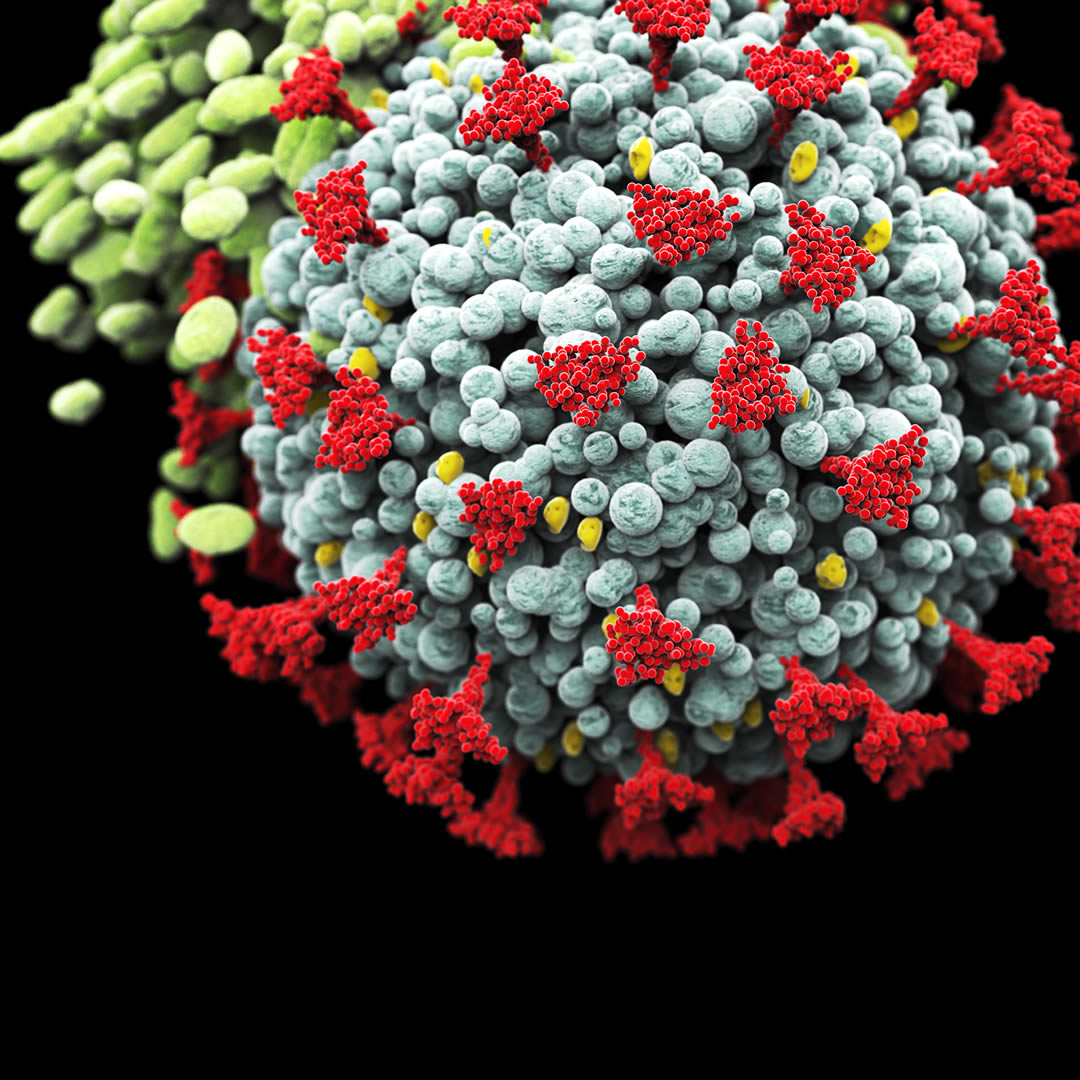The arrival of new coronavirus variants mean you should try to cut back on potential exposures where you can and double down on basic precautions for the next few months until you and the people around you get vaccinated.
The B.1.1.7 (UK) Variant
Federal health officials have reported that a far more contagious B.1.1.7 variant of the coronavirus could become the dominant source of infection in the United States. An increase in the number of cases will put more strain on health care resources, lead to more hospitalizations, and potentially more deaths.
SARS-CoV-2-positive specimens in the U.S. indicate that the new B.1.1.7 variant is approximately 50% more contagious because it is better at latching on to receptors in the nose, lungs and digestive tract.

South Africa Variant B.1.351
Scientists are especially worried about a variant coming out of South Africa. This variant contains mutations that help the virus evade the immune system.
Brazil Variant P.1
The P.1 variant from Brazil, which has infected 76% of the population of Manaus, Brazil, has shown up in in Minnesota and is being closely watched by epidemiologists.
L452R Variant (California)
Public health officials have recently announced that the SARS-CoV-2 variant L452R has become increasingly common in multiple Californian counties. L452R is responsible for several large COVID-19 outbreaks in the state. Recent sequencing results from California show that the proportion of COVID-19 cases associated with this variant rose from 3.8 percent to 25 percent between mid-November and late December, 2020.
Vaccines Effective Against Variants
Pfizerand BioNTech announced that their COVID-19 vaccine appears effective against an engineered virus developed with three key mutations found in the South African variant. Pfizer Inc and BioNTech’s COVID-19 vaccine appeared to lose only a small bit of effectiveness against the engineered virus. The companies also announced that their COVID-19 vaccine was probably just as effective against the variant strain of the virus, B.1.1.7, found in the U.K.
Vaccine manufacturer Moderna reports that it is creating a booster shot for its COVID-19 vaccine to ensure that the vaccine is still highly effective against new versions of the virus that are emerging in several places around the world.
How Vaccines Work
COVID-19 vaccines help our bodies develop immunity to the virus that causes COVID-19 without us having to get the illness.
Both the Pfizer and the Moderna vaccines carry mRNA instructions that prompt human cells to make the spike protein that the virus uses to infect cells. This causes the body to generate immune molecules called antibodies that recognize the spike protein.
Vaccines work with your immune system so your body will be ready to fight the virus if you are exposed. Other steps, like masks and social distancing help reduce your chance of being exposed to the virus or spreading it to others. Together, COVID-19 vaccination and following CDC’s recommendations to protect yourself and others will offer the best protection from COVID-19.
The Johnson & Johnson Vaccine
Updated (March 5, 2021)
The Johnson & Johnson vaccine has had a 72 percent overall efficacy rate in the United States and 64 percent in South Africa, where a highly contagious variant called B.1.351 emerged in the fall and is now driving most cases. The vaccine also showed efficacy against severe forms of Covid-19.
On Feb. 27, 2021, The Food and Drug Administration authorized the vaccine for emergency use.
COVID-19 is an emerging, rapidly evolving situation. Get the latest public health information from CDC: https://www.coronavirus.gov






